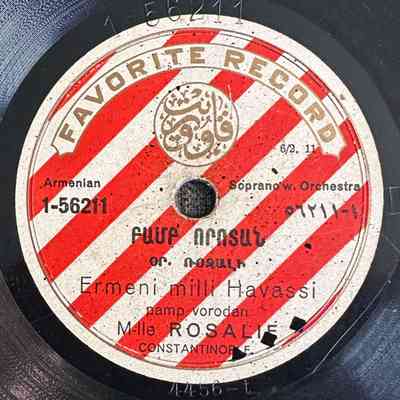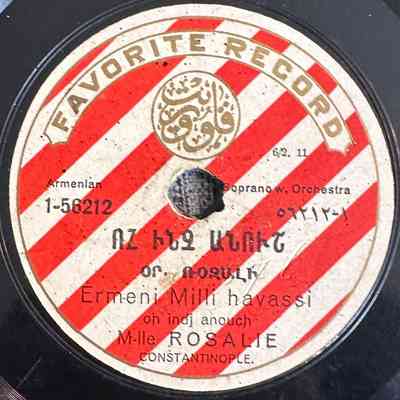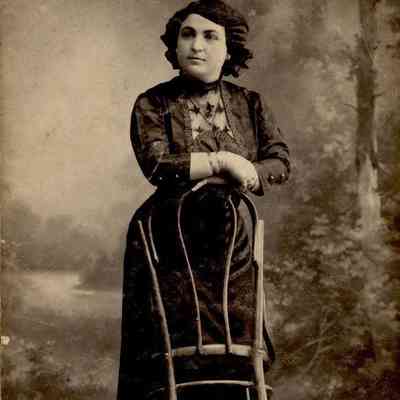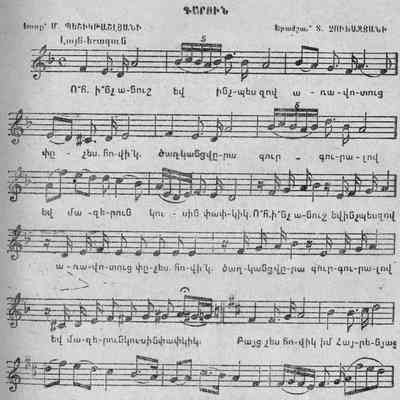Mademoiselle Rosalie, Pamp Vorodan/Oh Inch Anush
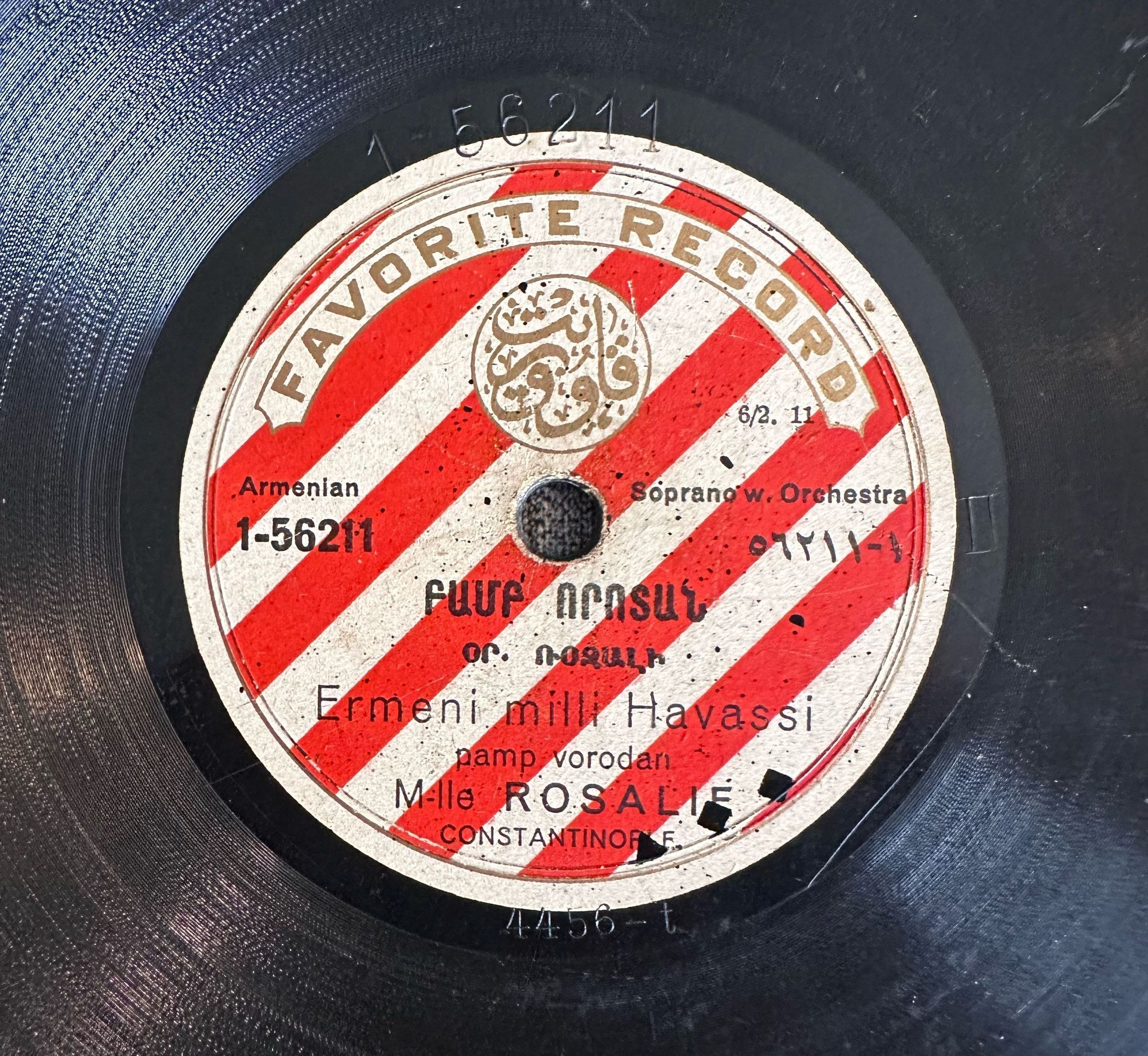
Name/Title
Mademoiselle Rosalie, Pamp Vorodan/Oh Inch AnushDescription
Rozali Benliyan was active during the final years of the Ottoman Empire. She began her career in 1910 with the Millî Osmanlı Operet Kumpanyası (National Ottoman Operetta Company), founded by Arşak "Küçük" Benliyan, performing in operettas at the Odeon Theater in Beyoğlu, Istanbul. Rozali and Arşak would later marry. Notably, since she is referred to as "Mademoiselle" on this recording, it suggests that this recording was made before their marriage. In 1912, she starred in two of the earliest films produced in Turkey, Börekçi Kızı and Besa, which were cinematic adaptations of plays she had performed on stage with her husband, Arşak Benliyan. During the filming of Börekçi Kızı near the Eyüp Sultan Cemetery, she narrowly escaped being attacked by locals who mistook the scene for a real-life incident. In 1914, she appeared alongside Lusi Arusyak in Himmet Ağa’nın İzdivacı, an adaptation of Molière’s Le Mariage Forcé. This film is regarded as the first feature-length film produced in the Ottoman Empire. Though the production was interrupted by World War I, it was completed and released in 1918 by Fuat Uzkınay. Rozali Benliyan was admired for her beauty and stage presence, attracting attention from prominent figures of the time, including Prince Saadettin Bey, whose romantic advances she famously declined. Following the death of her husband in 1923, she continued performing for another three years. However, due to financial difficulties, she left Turkey in 1926 and settled in Varna, Bulgaria, where she lived until her death in 1951. Favorite Record was a German shellac record label founded in 1904 in Linden (Hannover) by Otto Multhaupt and Fritz Kindermann. It expanded with a Vienna branch and became Favorite Record AG in 1912, before being acquired by the Carl Lindström Company in 1913. The label was prolific in producing recordings across Europe and the Ottoman Empire, including many by Turkish and Armenian artists. Ahmet Şükrü Bey, the label’s Turkish representative, was instrumental in signing prominent regional performers, contributing to a rich catalog that captured the diverse musical traditions of the late Ottoman period. These early 78 rpm recordings now serve as vital documents of that cultural era. In the U.S., Armenian-American music distributor H.M. Tashjian preserved and reissued many of these rare recordings through his labels, Armenaphone and Popular Haygagan Yerkabenag, helping keep the music alive for diaspora communities. For a detailed discography, Hugo Strötbaum’s Seventy-eight Revolution per Minute in the Levant offers valuable insights into Favorite’s work in the region.Audio Format
78 RPM RecordRecording Type
MusicCategory
Vinyl Record
